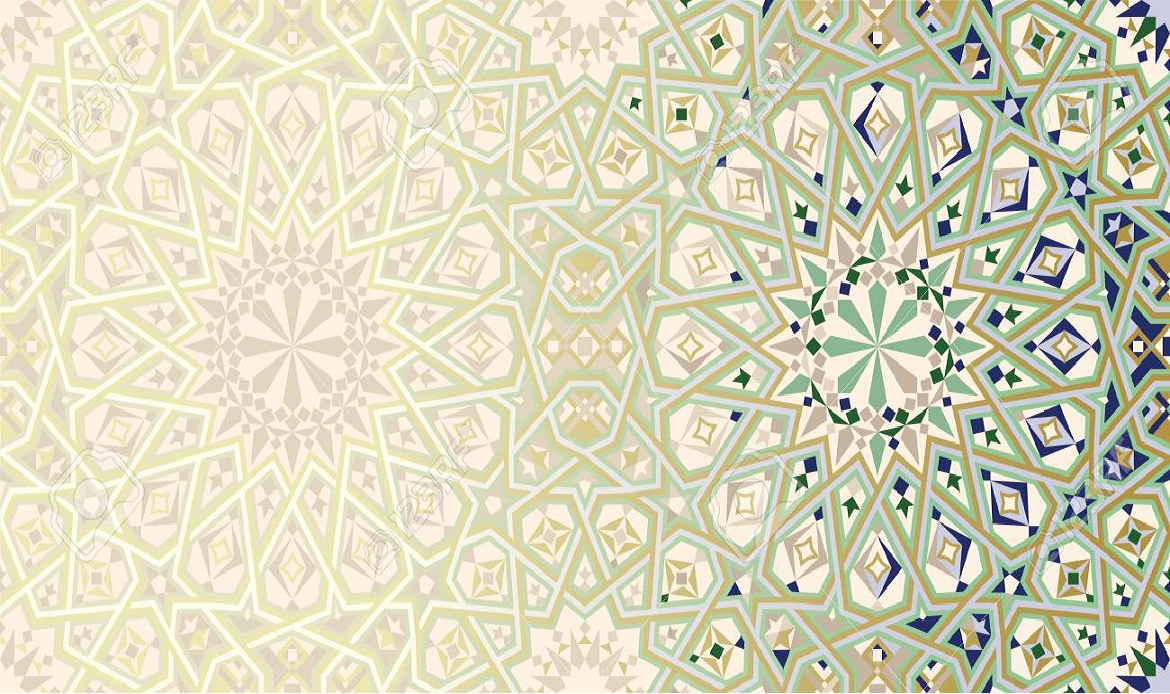A type of sale (ba’i) that involves the exchange of fresh fruits for dry ones, where the quantity of the dry fruits is actually known (by precise measurement) but the quantity of the fresh fruits to be handed over in exchange is estimated while they are in their state (ungathered as yet) on trees. An example is the exchange of dried dates for fresh (ungathered) dates. Ba’i al-muzabanah was particularly popular in pre-Islamic times. With the advent of Islam, shari’a forbade ba’i al-muzabanah because it involves gharar (by nature, gharar, especially gharar fahish, may eventually lead to dispute between the parties to the sale contract) and gives rise to riba al-fadhl.
May 18, 2024




